Most travelers never see it coming until it’s too late.
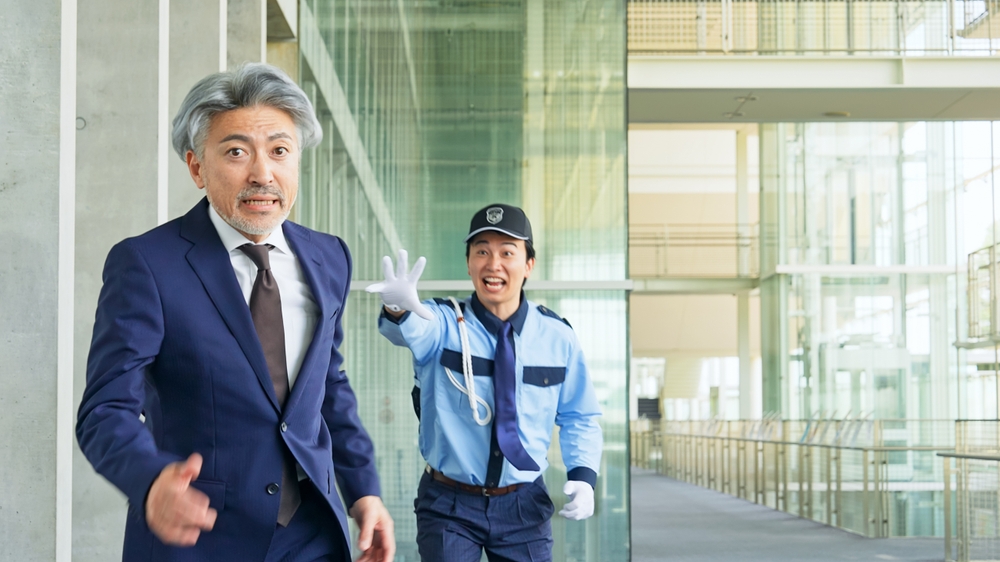
Airports may feel like secured spaces, but they’re actually prime hunting grounds for thieves who count on your distractions. Rushing to your gate, juggling bags, or grabbing a snack can easily cause you to let your guard down—and that’s all the opportunity a pickpocket or luggage thief needs. These crimes don’t always happen in some dark alley; they often take place right in the middle of a crowd, under bright lights, while cameras roll and nobody notices a thing.
It’s not always about what’s stolen—it’s how easily it happens and how helpless it leaves you feeling. One mistake can cost you your passport, electronics, or peace of mind for the rest of your trip. Knowing what to avoid and how to carry yourself might just be the difference between a smooth travel day and a nightmare scenario. These are the mistakes that can make you an easy target when you least expect it.
1. You hang your bag on the back of your chair.
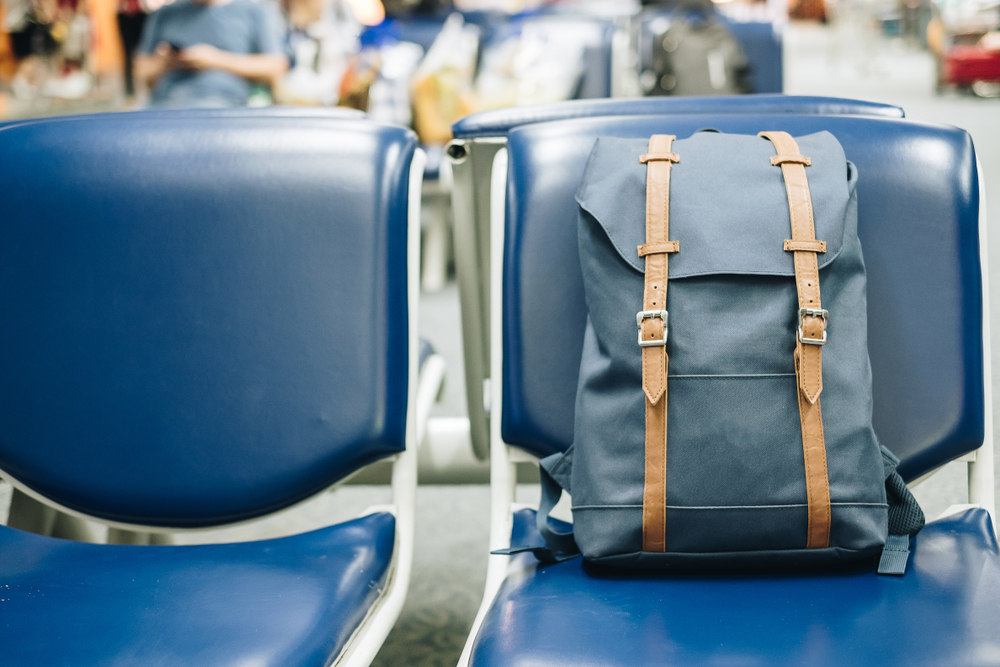
It might feel harmless to loop your backpack or purse over the back of an airport seat while you eat, but that position leaves it completely vulnerable. Thieves love these moments because all it takes is one quick grab while your back is turned or your attention is on your phone, as reported by the authors at Travel Sentry. You probably won’t notice it’s gone until your food arrives—or worse, not until you’re halfway to your gate.
Even if you’re in a restaurant inside the terminal, you can’t assume it’s a safe zone. People looking to steal often dress like travelers or staff. Instead, place your bag on the floor with a strap wrapped around your leg or keep it in your lap. It’s not paranoid—it’s smart. You want to make it physically difficult for anyone to walk off with your belongings without you knowing it immediately.
2. You use public charging stations without protection.
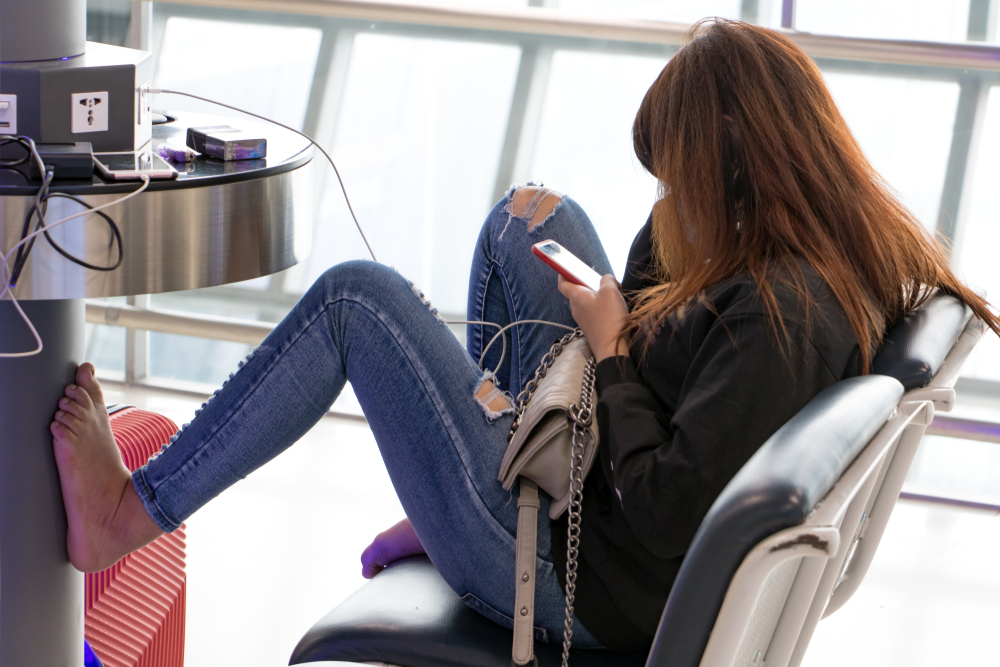
Those USB charging ports near airport gates seem convenient, but they’re not always secure. Hackers can install malware through these ports to access your phone or tablet data in what’s called “juice jacking.” You plug in for power and walk away with compromised emails, passwords, or banking info—without even knowing it happened.
Carry your own portable charger or a plug-in wall adapter to avoid the risk. If you must use a public USB station, consider a USB data blocker. It’s a tiny device that lets power through but stops data transfer. It’s a small precaution that can save you a major headache. In high-traffic places like airports, you have to assume someone’s out to exploit shortcuts, and public tech setups are an easy target, as stated by Harmain S. at Get Licensed.
3. You trust your seatmate too quickly.
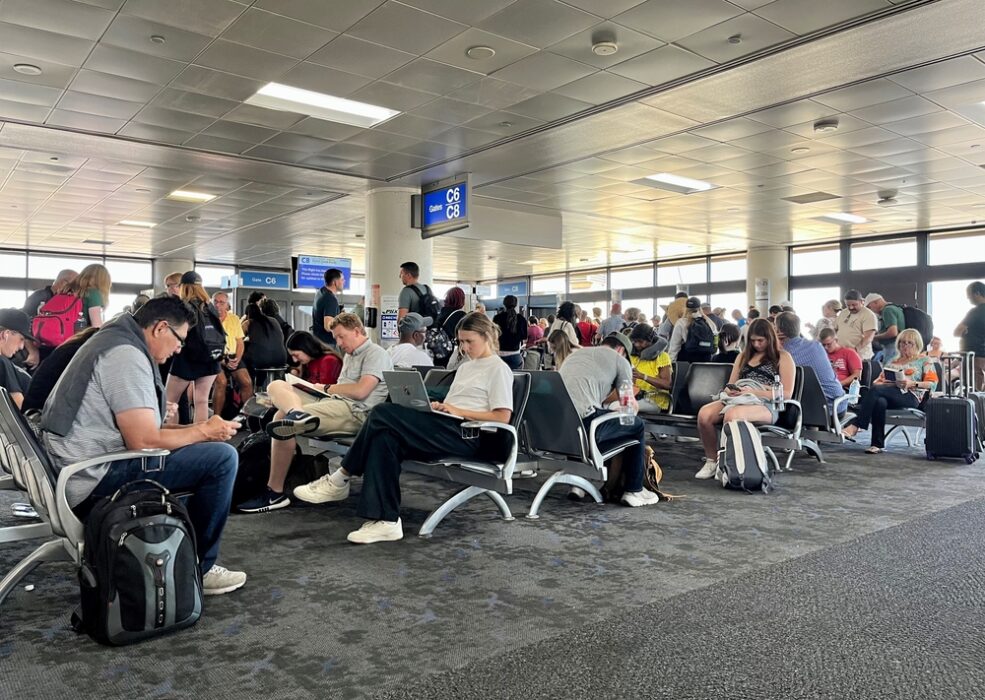
Long layovers or delayed flights can lead to casual conversations with strangers, which is fine—until it’s not. Just because someone seems friendly doesn’t mean they’re harmless. It’s easy to assume everyone around you is a fellow traveler with no bad intentions, but some people use small talk as a way to assess what valuables you have or when you’re most distracted, as mentioned by Ben Cost at the New York Post.
You don’t need to be rude, just cautious. Keep bags zipped and close, and don’t overshare details like where you’re headed, how long you’re gone, or whether you’re traveling alone. People have been known to swipe items while their new “friend” heads to the bathroom or takes a nap. Staying polite but guarded is your best bet when your personal security is on the line.
4. You check bags that should stay with you.
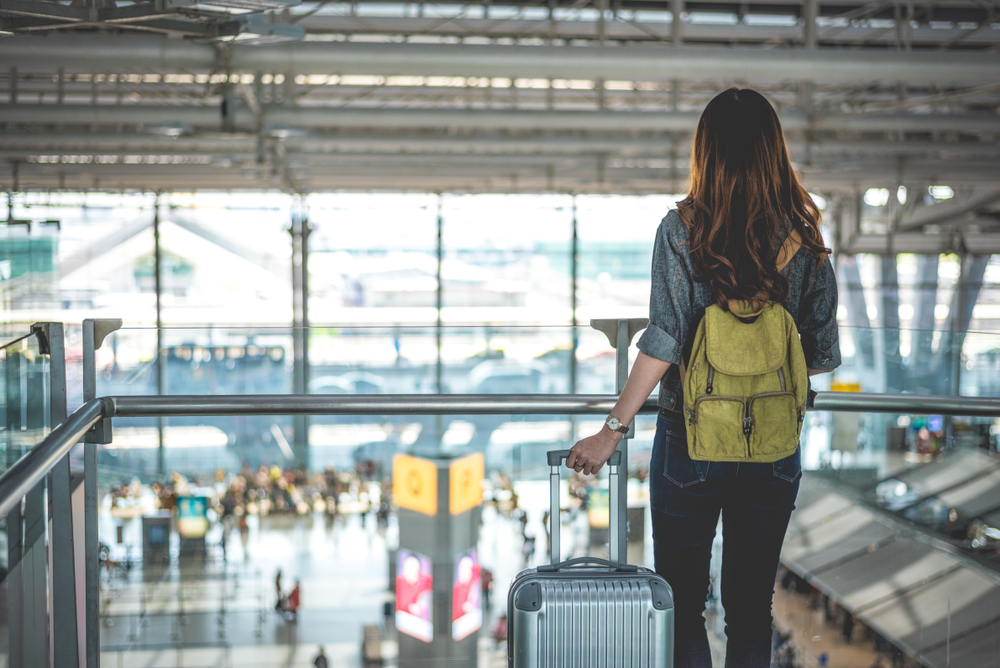
Checking bags with valuables like laptops, cameras, or important documents is a gamble. Baggage handlers and airport staff aren’t all honest, and once your bag disappears into the system, it’s out of your control. Items have gone missing in transit, stolen right from the belly of the plane or during layovers, and passengers rarely recover anything.
The rule is simple: if you’d be devastated to lose it, keep it with you. Your carry-on is your safe zone for expensive or irreplaceable things. Even if your overhead space is tight, keep those items in a smaller bag you can slide under the seat in front of you. Theft doesn’t just happen at the gate—it starts long before your plane takes off.
5. You get too comfortable during naps.
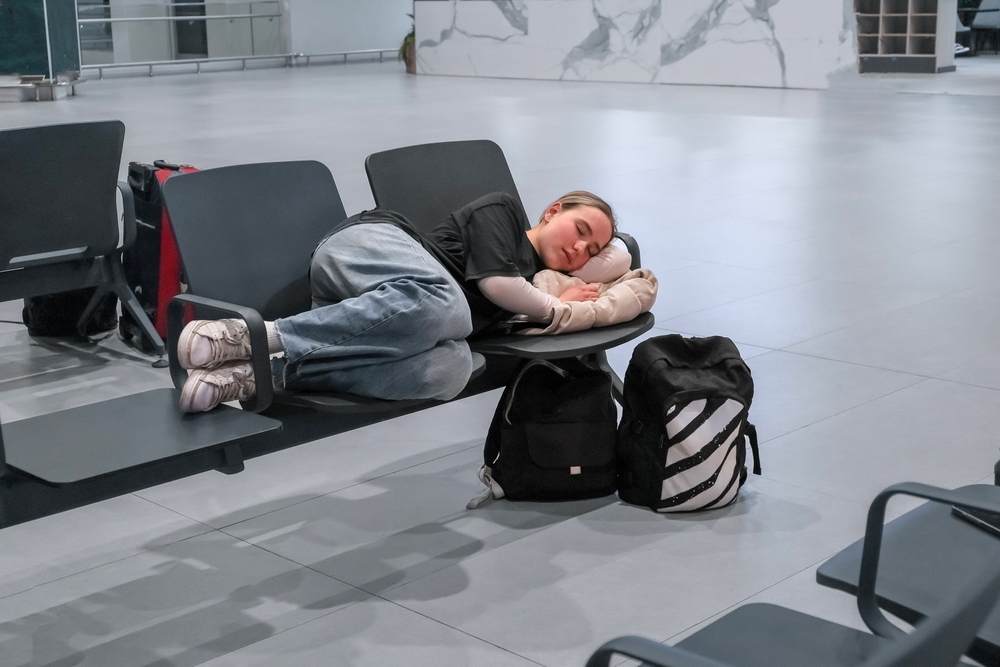
It’s tempting to doze off at the gate, especially during long delays or overnight flights. But sleeping in a public airport makes you an open target for thieves who can lift a bag or jacket without waking you. All it takes is one moment of deep sleep and a skilled hand.
If you absolutely have to sleep, secure your belongings. Wrap a strap of your bag around your arm or leg, and avoid wearing noise-canceling headphones that make you unaware of your surroundings. Consider sleeping with your back against a wall or corner where no one can sneak up from behind. Being tired doesn’t have to mean being careless.
6. You leave your phone unattended while charging.
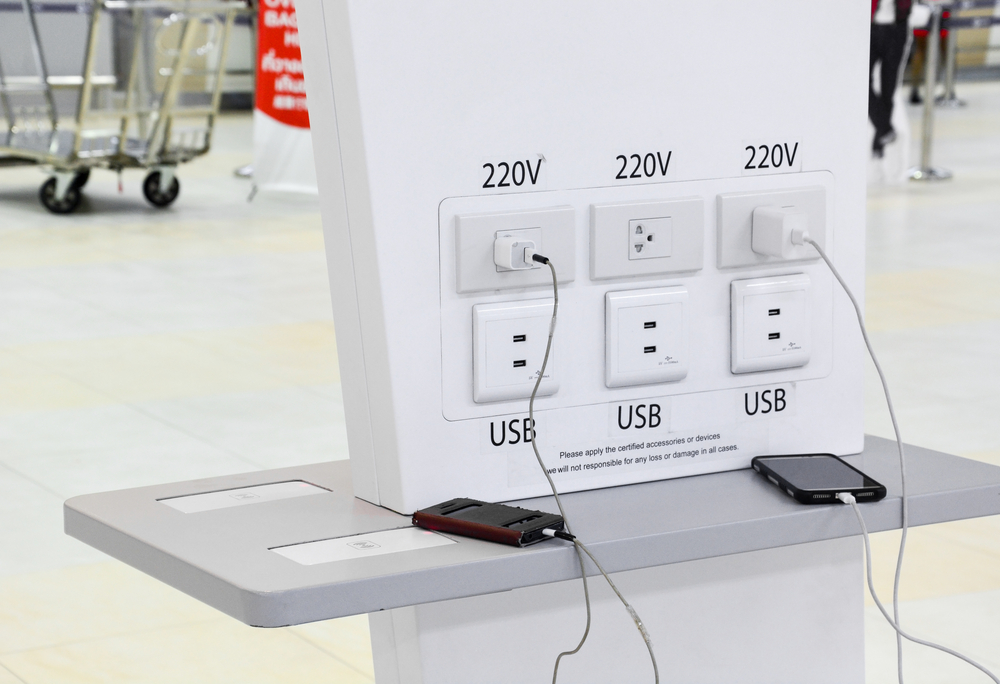
Even if you’re just stepping away for a second, leaving your phone charging by itself is risky. Phones are high-value, easy-to-pocket targets that can disappear fast. A thief doesn’t need more than a couple seconds to unplug your device and vanish into the crowd, especially in a busy terminal.
Instead, stay with your phone or use a personal power bank so you can charge while keeping it on you. Never assume the person sitting nearby will watch it for you—people aren’t always as attentive or trustworthy as they seem. Your tech should stay in your sight and within reach at all times in an airport environment.
7. You overlook baggage claim risks.
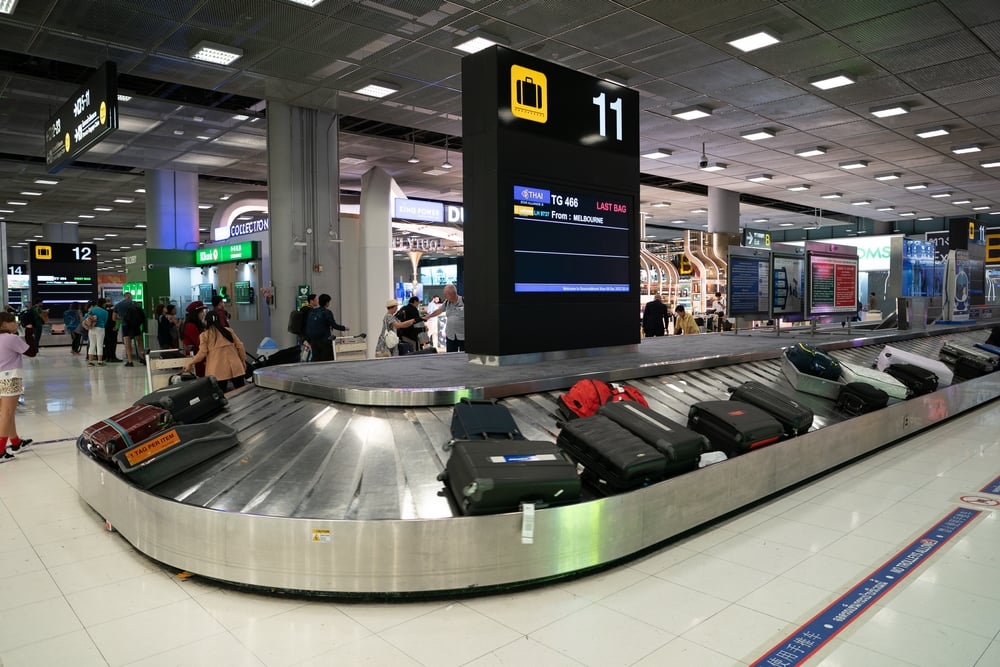
It’s easy to assume that once you’ve landed, you’re in the clear—but baggage claim areas are hotspots for theft. Everyone’s focused on watching the carousel, and suitcases tend to look alike. Thieves rely on that confusion, grabbing bags and walking out without anyone noticing.
Be at the carousel before your bags arrive and know exactly what your luggage looks like. Add unique tags, bright straps, or colored tape to make it instantly recognizable. Don’t get distracted on your phone while waiting, and don’t assume someone taking a bag next to you is grabbing their own. If something feels off, speak up fast.
8. You carry flashy or luxury items.
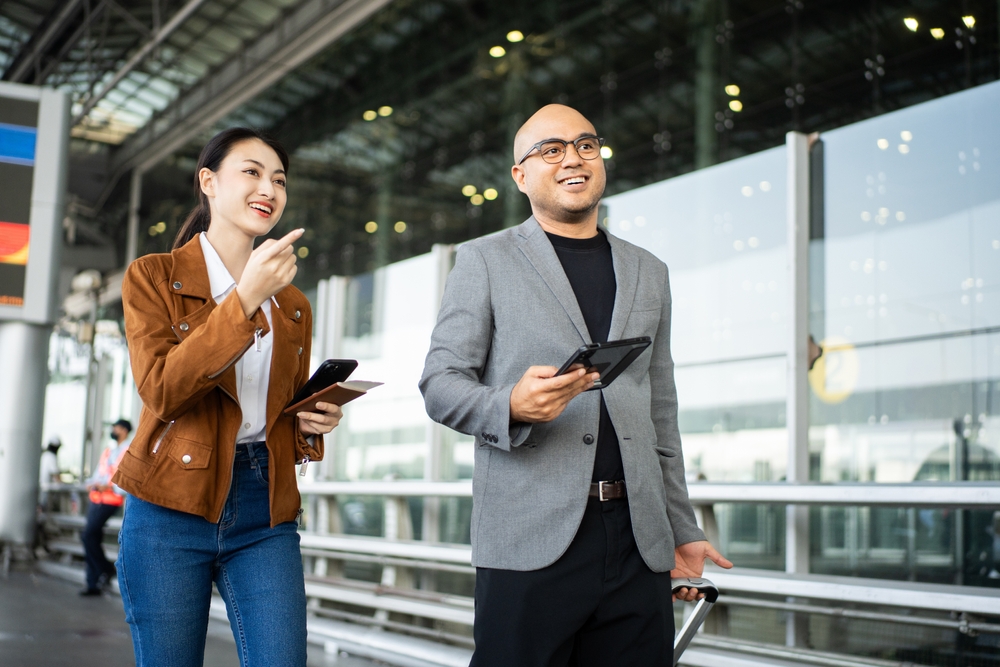
Wearing expensive watches, jewelry, or designer logos makes you stand out in all the wrong ways. It signals that you might also be carrying high-value items in your bag, which can make you a more attractive target to airport thieves. Even if you’re not carrying anything else of value, just looking wealthy can be enough to draw unwanted attention.
Keep your style low-key while flying. Leave the designer bag at home or in checked luggage if you must bring it. Use a nondescript backpack or tote that won’t scream “steal me.” It’s not about dressing poorly—it’s about not advertising. Blending in gives you one less thing to worry about when navigating crowded terminals.
9. You post your location in real-time.
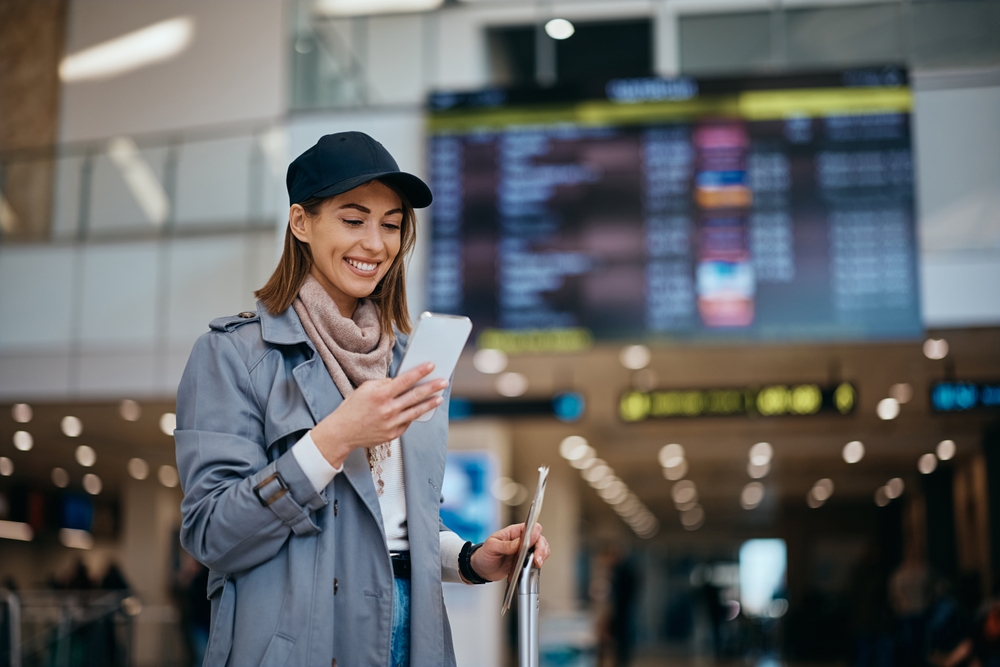
Sharing airport selfies or boarding passes on social media might seem harmless, but they can reveal more than you think. A boarding pass barcode can be scanned for personal information, and tagging your location tells the world you’re not home. That combo makes your house a target for burglary while also alerting bad actors that you’re in a high-traffic, vulnerable spot.
Wait until after your trip to post travel photos. If you must share while traveling, avoid showing specific travel details like flight numbers or hotel names. And never show your full boarding pass online—cropping isn’t enough. Real-time updates are an invitation you don’t want to send.
10. You treat airport staff as universally trustworthy.

While most airport employees are hardworking and honest, assuming every uniformed person has your best interests at heart is risky. There have been numerous cases where insiders have assisted in theft or smuggling operations. It’s uncomfortable to think about, but not everyone wearing a badge is safe.
Don’t leave your belongings with staff unless it’s part of an official procedure, and never accept help with luggage unless you’ve verified the person’s role. When in doubt, go to an official desk or use a security line. Trust should be earned—even in places designed to feel secure.
11. You pack valuables in outside pockets.
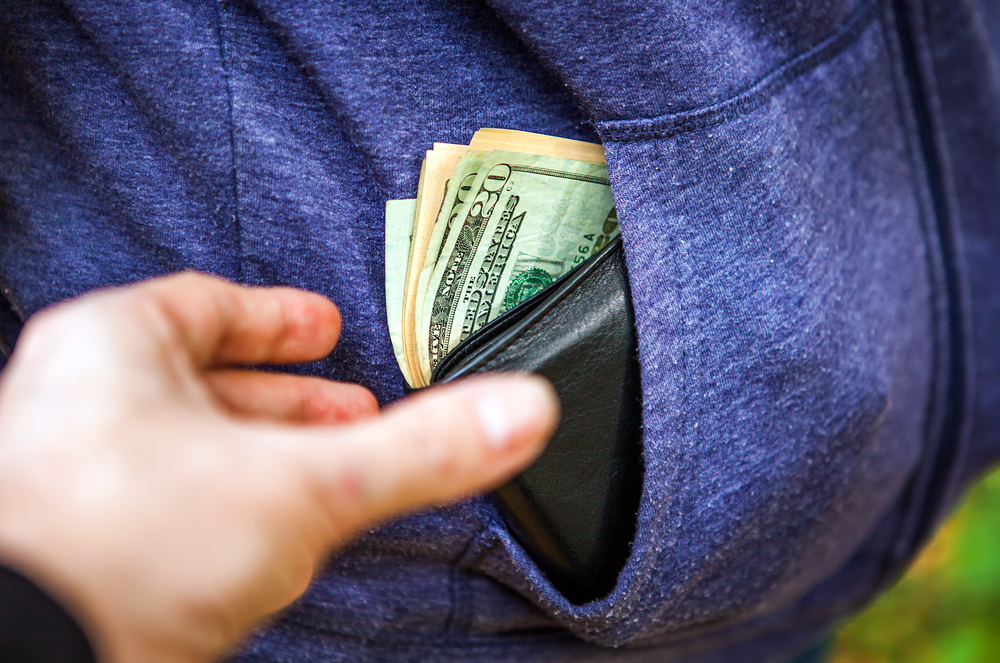
That easy-access pouch on your suitcase might be great for snacks and documents, but it’s also the first place a thief will check. Outside pockets can be unzipped in seconds, especially in crowds, and you may not notice a thing until it’s too late. Even a TSA-approved lock won’t help if you’ve stored valuables where they’re easy to reach.
Keep your essentials inside the main compartments and lock them if possible. Avoid keeping wallets, passports, or devices in outer pockets, even if they seem secure. A little inconvenience while packing can save you a massive headache when you land and find something’s missing.
